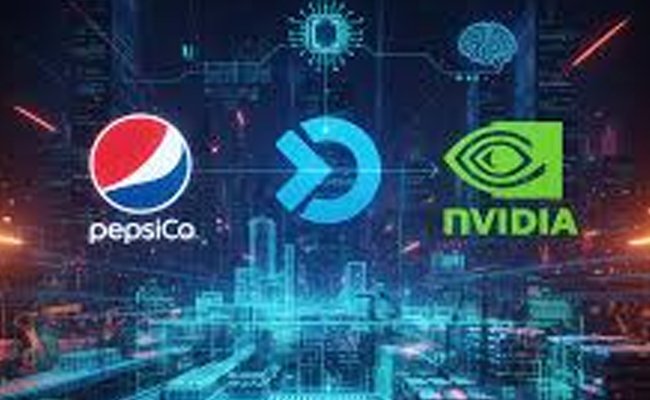Sujoy Brahmachari,
CIO & CISO - Smart Card Business, Rosmerta Technologies Ltd.
As technology continues to reshape the enterprise landscape, 2025 is marked by rapid evolution across several fronts. From AI-driven strategies to hybrid work, cybersecurity, and changing C-suite roles, enterprises are embracing transformative trends to stay competitive and secure.
Key Enterprise Technology Trends of 2025
Agentic and Generative AI is being used more selectively, with enterprises focusing on high-ROI use cases. These tools are now embedded in business processes, driving efficiencies in decision-making, customer interaction, and operations. Hybrid Cloud Strategies are also on the rise, with organizations leveraging both on-premises and cloud environments for performance and cost optimization.
Meanwhile, cybersecurity is a major concern, as threats grow more sophisticated. Enterprises are investing in AI-powered threat detection, risk analysis, and response systems. The shift to remote and hybrid work is accelerating the development of secure, collaborative digital tools that enhance productivity and maintain workforce flexibility.
CIOs as Strategic Business Enablers
The role of the CIO is expanding well beyond IT management. Today’s CIOs shape business strategy, lead digital transformation, and apply AI and analytics to generate actionable insights. They are responsible for driving innovation, promoting cross-functional collaboration, and attracting top tech talent to future-proof their organizations.
Building a Security-First Culture
Enterprises are implementing multi-level strategies to build a security-first culture. This includes leadership commitment, continuous training, clear security policies, and gamified awareness programs. Regular audits and rewarding good practices help reinforce secure behavior across the workforce.
Integrating AI, Automation & Zero Trust in Security
AI now plays a central role in threat detection, identity management, and incident response. Automation supports routine tasks and integrates security processes across systems. Meanwhile, zero-trust frameworks emphasize strict verification, continuous monitoring, and endpoint security.
Future of CIOs, CTOs, CISOs & DPOs
◆ CIOs drive digital innovation and customer-centric strategies.
◆ CTOs integrate product and technology roadmaps.
◆ CISOs now influence business risk and compliance.
◆ DPOs ensure legal and ethical data governance.
Importantly, DPOs must remain distinct roles, separate from CIOs, CTOs, or CISOs, to maintain compliance focus and avoid conflicts of interest under data protection laws like DPDP and GDPR.






